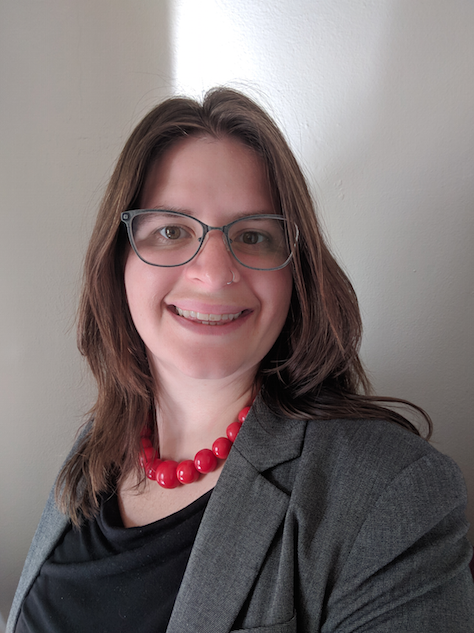By Elizabeth (Lizzy) Bartelt, MPH
As a doctoral student at the Indiana University Center for Sexual Health Promotion, I am lucky enough to have many one-of-a-kind experiences, from traveling to conferences to present research to sharing meals with my intellectual heroes, but my favorite by far is being able to conduct important research on bisexual communities. It is an extremely gratifying experience to be able to do work that validates my own identity and those with identities similar to mine.

My overall research has focused on bisexual health, specifically parenting, reproductive health, and experiences of stigma. This research has taught me more about the joy that comes from doing work that seeks to make visible a community that is too often ignored. Further, we are able to provide information back to the community that allows for further justification of issues being faced, resources to be allocated, and importantly funding.
The research I was able to work on for the special section of Archives of Sexual Behavior on bisexual health included our paper, “Meta-Perceptions of Others’ Attitudes toward Bisexual Men and Women among a Nationally Representative Probability Sample.” In this study, we focus on bisexual health by examining types of microaggressions and microaffirmations experienced by bisexual individuals in the form of their perceptions of other peoples’ attitudes toward their bisexuality. This was phenomenal research to do as it allowed for an in-depth examination of both the support and stress that the bisexual community on the whole experiences. As someone who has heard these things myself and long known of the stress of hearing things like, “You just want it all,” it was comforting to know that this is not a unique experience. However, it was also encouraging to know that many bisexual folks are starting to hear more positive microaffirmations such as, “many people are supportive.”
As the landscape of stress and support changes, so too, will the disparate health outcomes that bisexual people experiences. Research has long linked these health outcomes and experiences of stress. It is exciting to be learning how to do research at a time when the tide is changing. It is encouraging, as well, to hear from my mentors about the state of the world today versus a decade or two ago. It exciting to know many other bisexual researchers, both those who study the topic and identify as such. This gives me hope that the research will continue to be done and we will continue to change the tide of popular culture and health outcomes.
Though things are not perfect and we still have a long way to go, it is a great time to be in the bisexual health research world. Our goal will continue to be to work with the community as a whole to bring about positive changes.
Elizabeth (Lizzy) Bartelt, MPHis a doctoral student at Indiana University, School of Public Health – Bloomington.